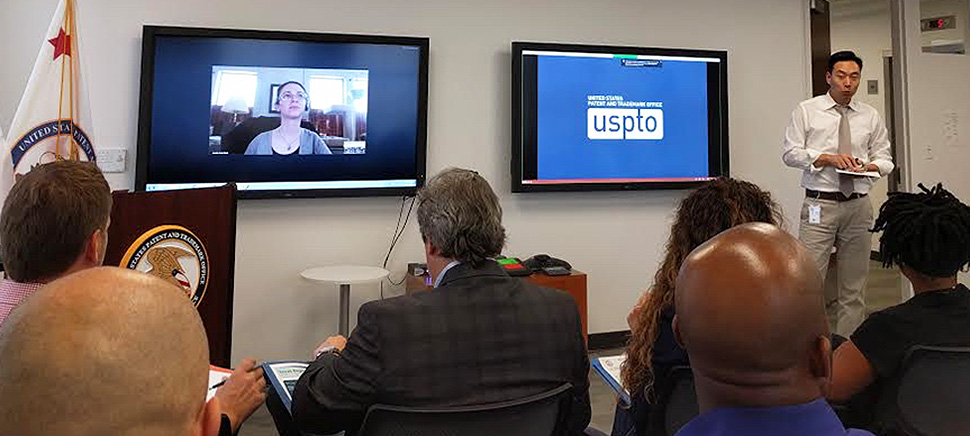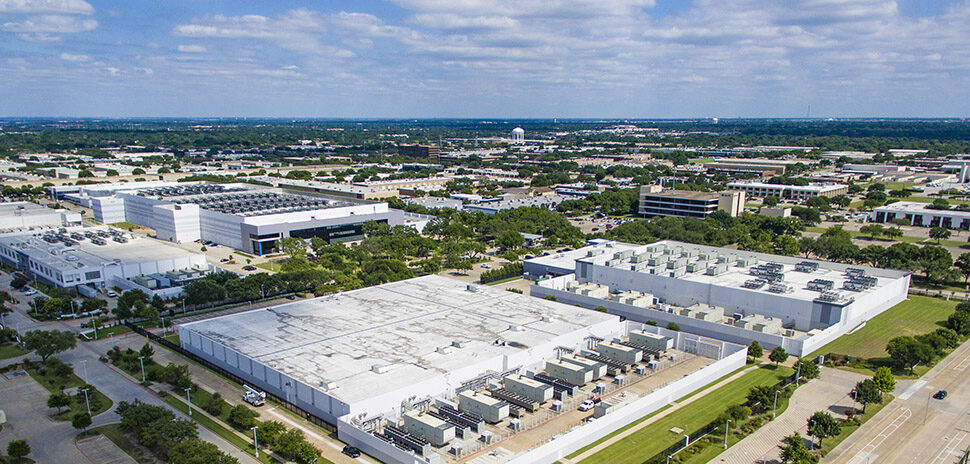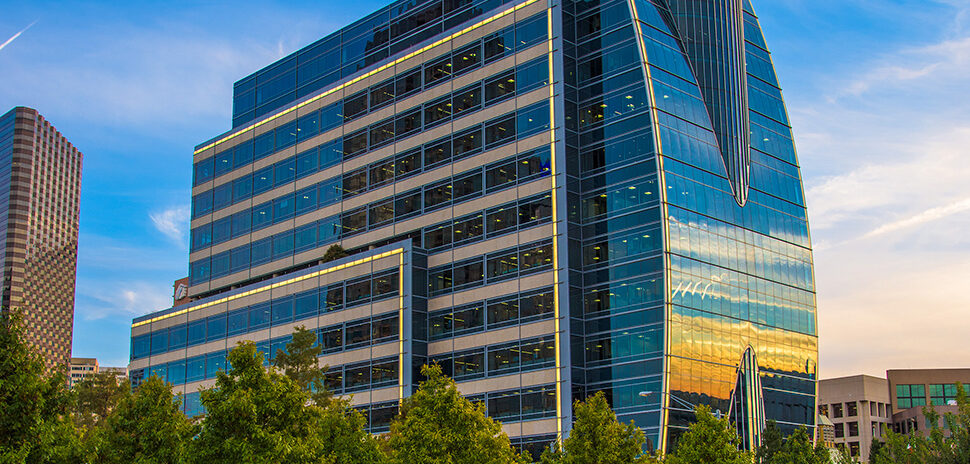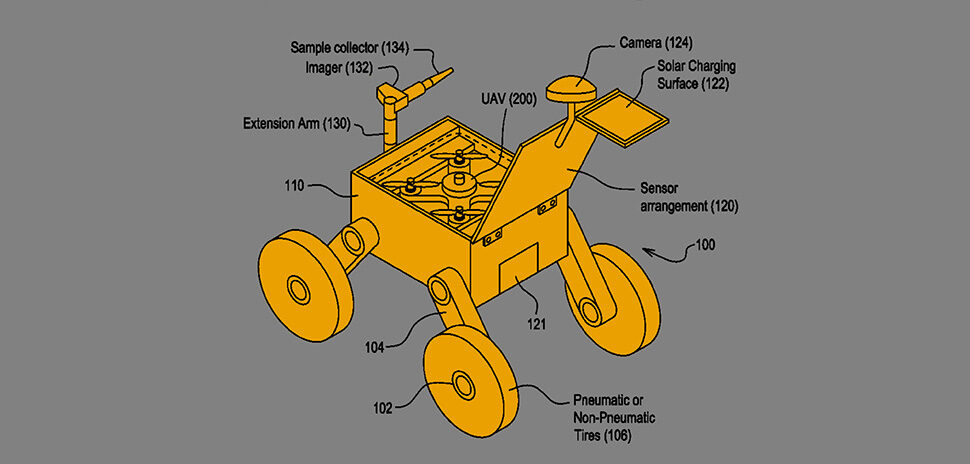Young entrepreneurs and startups are thriving in North Texas and nationwide, flooding the U.S. Patent and Trademark Office with a backlog of applications.
So much so that if you’re 22 years old when you file the patent, you’ll likely be 24 when it’s granted. If it’s granted.
To combat that backlog, the USPTO will hire 100 new employees at its regional offices in Dallas, Cornell University, Denver and Detroit. The office in San Jose will add fewer new jobs, about 70, because real estate is so limited in Silicon Valley.
AGENCY SEEKS TO SHORTEN TIMEFRAME FOR PATENT APPLICATIONS
Jacob Choi, supervisory patent examiner, said the goal is to cut down the amount of time between when an application is submitted to when an examiner gets assigned from 16 months to 10 months.
The Texas Regional Office opened in the federal building in downtown Dallas last year and will be looking for patent examiners with expertise in several fields, including engineering and law.
“You have to show what you’re doing is new, it is novel, and it is useful.”
Examiner Taylor Elfervig
Choi and other experts hosted a seminar Aug. 18 at the Dallas office to help budding entrepreneurs navigate the complicated patent process.
“You have to show what you’re doing is new, it is novel, and it is useful,” said Taylor Elfervig, a patent examiner. “Unless I can find something, you’re actually entitled to what you submitted to the office. But most of the time you will find something. We’ve gotten really good at it. If I can find one piece of art, I can disprove it.”
The process takes so long that startups often have to use patent pending on their inventions, which at least shows they have a place in line.
Choi explained that applications filed in the Dallas office are distributed throughout the country and may not be handled in the Dallas office. In addition to the five regional offices, the USPTO headquarters is in Alexandria, Virginia. But the regional office in Dallas has a wealth of resources, which helps inventors differentiate their application from others.
While some patents are searchable using Google, Choi said the best option is to use the USPTO website or search the database at the regional office. The office can also help set up video conferences with the patent examiner handling your case if they are in another state.
EXAMINERS SPECIALIZE IN DIFFERENT FIELDS
The patent examiners specialize in different fields. Elfervig has a background in networking so he handles those types of cases while Deak specializes in optics.
Software engineers can’t patent code unless it interacts with hardware, such as an app that turns on the lights in a house.
“It has to be something a little more tangible,” Elfervig said.
Applicants have to make a tough choice if their application is denied. They can appeal and keep trying or abandon the case altogether.
Jennifer Deak, patent examiner, explained how to submit an application complete with drawings, detailed descriptions and the claim itself.
“The claim is where you state what you invented. Just like drawing a fence around your property, because that’s what a patent is,” Deak said. “It’s about a property right.”
For a daily dose of what’s new and next in Dallas-Fort Worth innovation, subscribe to our Dallas Innovates e-newsletter.






























